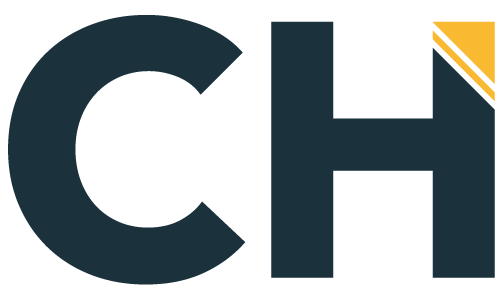I’m ready to let the term “Consultant” die…
Many people in management consulting and other related professional services, I believe, do themselves and their business a disservice by unintentionally obfuscating the fact that they call themselves merely Consultants, where most of the time can, and are so much more.
If you are someone who refers to themselves as a “consultant” but are most often hired for nothing more than to complete a task for a client, then you are, in my definition, not a consultant. You are merely a high priced subcontractor. To put it simply, if there are a thousand people like you that can do that task and do it just as well and exactly the same way—you’re not a consultant.
Where there is differentiation is when you pull back the layers and look at what an ACTUAL “Consultant” can do — which is help improve the client’s condition whatever that condition may be, such as: by providing ideas, strategic planning, industry best practices, proprietary approaches, as well as unique behavior which not only make them distinctly attractive (from a business sense), but usually draw people to them. Consultants are more than just another pair of hands. They are the cognitive brain that is attached to them. A good consultant has the ability to become an extension of their client, in the area that their client needs, at the time they need them the most.
As example: If you are able to design a new system for sales and marketing, or bring unique intellectual property to the client, or arrange for it to be conducted remotely, then you are a consultant, and are improving the client’s condition in your distinctive way. Now do you feel that with all you are able to do for the client, that a one-word title, that you use to define you, does actually define you? In fact, it doesn’t provide the contextual depth to what that “Consultant” can bring to that client, and we must do better.
So it’s about being able to demonstrate and communicate, on what and how we can help our current and potential clients that we (as that consultant) can bring a great deal more to an organization that just merely a desirable return on their investment.
You should be able to answer Who, What and Why to your client. Who you are (as that Consultant)? What do you do (that matters)? And why does any of it matter (to the client)?
Understanding those three things will help you become better at communicating what you bring to the client, and ultimately help their condition.
CH Consulting is more than just a business management consulting firm. We are more than just a consulting firm that helps BPO/Contact Centers run more efficiently and cost effectively. We are a business that has access to exceptional human assets that have real world experience and knowledge, in order to evaluate, assess, plan, adapt, and even operate a client’s business, in order to improve their condition.
Whether you are a BPO / Contact Center, a large Energy Conglomerate, or a multi-national Fortune 500 manufacturing company, we possess the ability to be as large and in charge, or as quiet as a mouse as necessary, in order to help achieve your business goals.
The term consultant for many may be sufficient. But for me, I’m ready to let them term die.
Because what I am is not able to be summed up in a job title, but what I am able to do that defines me.




